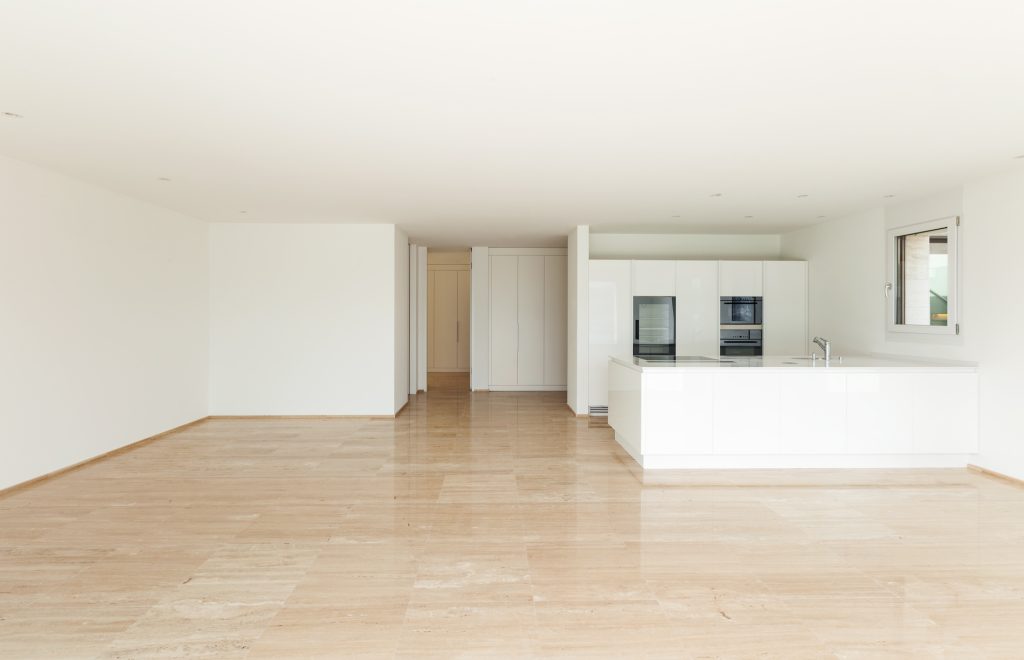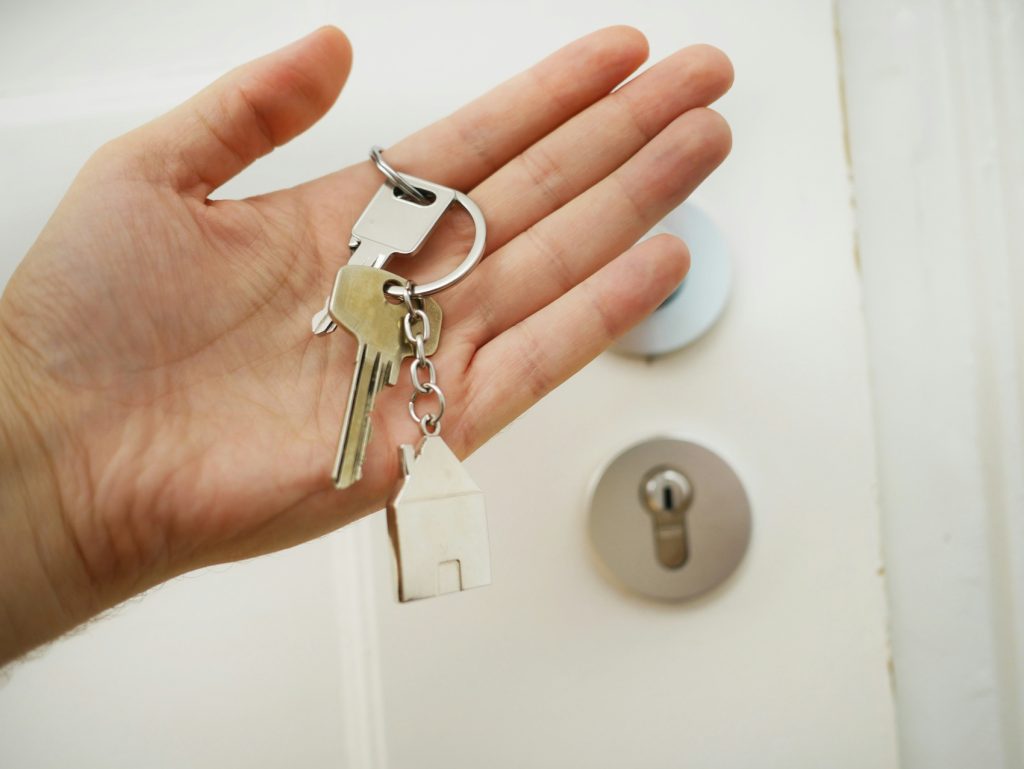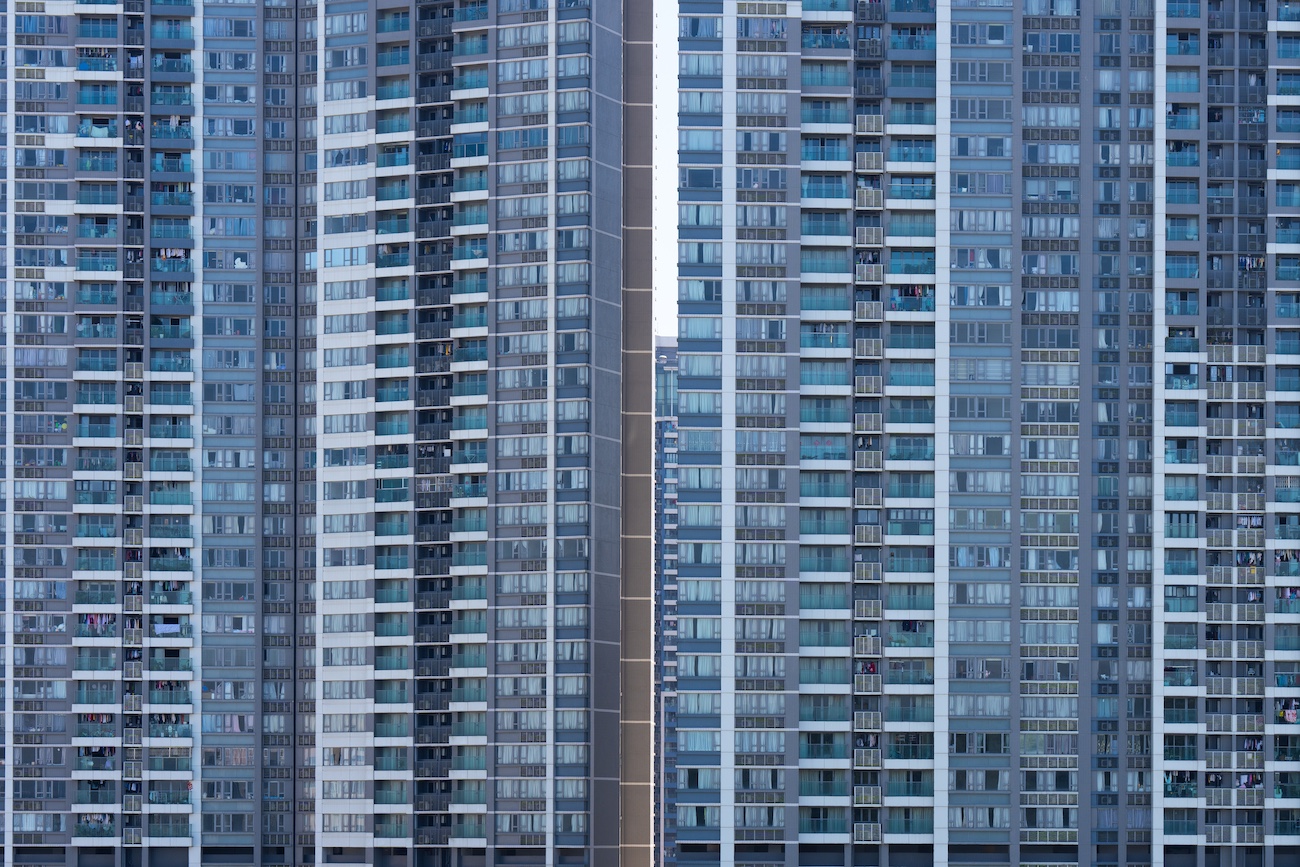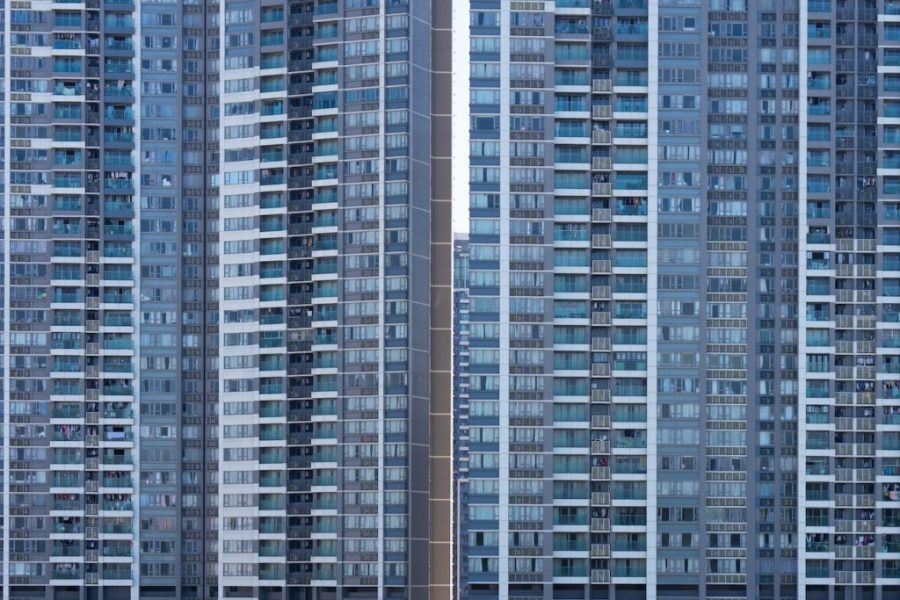In 2010, following years of soaring prices and speculation, Macao implemented a series of measures designed to cool the local property market. These included 10 percent stamp duty for the purchase of a third property and an extra 10 percent in stamp duty imposed on foreign buyers. Such punitive imposts, along with the impact of the Covid-19 pandemic on the economy, left local real estate in the doldrums. The latest residential property price index is down by 5.6 percent year-on-year.
On Thursday, lawmakers and the government finally heeded multiple calls from realtors and passed a bill to remove constraints in order to boost investment in the sector. In this, Macao is following Hong Kong’s lead. The neighbouring SAR’s decision to lift similar brakes on its real estate market in February prompted a wave of interest – notably from mainland Chinese buyers. Transaction volumes have increased even if prices haven’t so far.
[See more: Lawmakers pass long awaited property bill]
Many now hope for a similar turnaround in Macao’s real estate sector. Rental yields aren’t particularly high, but sellers in Macao – like those in Hong Kong – are exempt from taxes on the profit they make selling their property. This can result in highly enticing capital gains. Other jurisdictions, like Portugal and the UK, impose a hefty 28 or between 18 and 28 percent tax, respectively, on the profits.
Thinking of buying property in Macao? Here’s what you need to know.
Am I even allowed to buy property in Macao?
Yes. Anyone can buy property here, resident or non-resident, though there are a few benefits for residents, such as lower interest rates.
If you’re not a local, do note that all official forms in Macao are in Portuguese and Chinese only.
What expenses do I need to cover besides the cost of the property itself?
When you buy property in Macao, whether that’s a parking space or a penthouse apartment, you’re required to pay stamp duty and a property registration fee, along with a commission if you’re using a real estate agent.
Stamp duty ranges from 1.05 to 3.15 percent of the property value. If the buyer is a permanent Macao resident and buying their first residential unit, the first 3 million patacas of the total cost of the property are exempt.
To settle the stamp duty, you’ll need to fill out this form, which is issued by the Financial Services Bureau.
[See more: Realtors say property transactions could reach 1,000 a month]
Additionally, you’ll also need to fill out this form to register the title at the Real Estate Registry, which also incurs a fee. The registration fee is determined by the sum of your bank loan plus interest to be paid over the first three years of your loan and other costs. A simulator is available to help you figure out the numbers.
Upon completion of the deal, you’re also expected to cover all legal fees associated with the property transfer, including fees for the deed of execution and notary seal.

I’ve found my dream Macao apartment. What should I know before making an offer?
Do a background check on the property. This includes making sure the registry’s title (known in Portuguese as busca) is clear and that there are no legal disputes over the unit. You can perform the check at the Macau Land and Real Estate Registry Office (Conservatória do Registo Predial de Macau in Portuguese).
Do your market price research, too, so that you are familiar with the average price per square foot. This will give you an understanding of the local market, which is crucial for negotiating. The government regularly publishes updates to the residential property price index to help you figure out a fair price.
[See more: Enquiries have increased with the lifting of market curbs, top realtor says]
Note that Macao property prices are expressed in Hong Kong dollars per square foot of gross area – this means that a percentage of the development’s common spaces, such as lift lobbies and staircases, are included in the calculation. By contrast, in Hong Kong, the price is based on the saleable area, or the area of the apartment itself.
What happens after I make an offer?
You’ll need to make an initial payment to confirm your interest – usually a token sum like HK$100,000 (roughly US$12,750) for properties costing up to HK$5 million (about US$640,000). The payment would be double that for properties costing HK$10 million, and so on.
This payment is usually made by cheque. Make sure you have the funds in your current account, as bouncing a check is viewed very seriously in Macao and can even incur prison time.
[See more: Macao’s residential property price index continues its downward trend]
Keep in mind that all property transactions in Macao are made in Hong Kong dollars, not patacas. Mortgages can be arranged in local currency, however.
Your initial down payment is accompanied by a provisional agreement to buy the property, drawn up by the real estate agent. This is not the same as the sale and purchase agreement (see below). It’s just a way of fending off other buyers and showing the vendor you’re serious.

What’s the actual deposit I need to make and how long does the transaction take?
Ten percent of the final purchase price, minus whatever amount you handed over to register your interest, is the standard amount payable upon signing of the promissory agreement. Legally, however, any amount can be paid as a deposit, provided that both parties agree to it.
The deposit is payable upon the finalising of the sale and purchase agreement, which is drawn up and signed in the presence of a lawyer, who will witness it. This agreement will be required by the lender to process any loan application.
[See more: Suspending subsidised housing projects is not enough: realtors]
You’ll also need plenty of funds at the ready. Unlike many other jurisdictions, stamp duty in Macao is due upon signing either the provisional agreement, or the sale and purchase agreement, whichever is first – not when you sign the final sales and purchase deed. It must be paid within 30 days of the date of the signing.
The sale and purchase agreement should state the time both parties will be given to sign the deed – typically 30 to 90 days. If you’re relying on getting a mortgage to afford the property, make sure you have confirmation from a bank that you’ll actually be lent the funds. You could otherwise be in danger of losing your deposit, unless “subject to bank financing” or a similar condition is clearly stated in the agreement.
Suppose I need to back out of the deal?
You’ll lose all of your deposit and the stamp duty (assuming it’s been settled already).
If the seller backs out of the deal, they’ll not only have to refund the deposit but also incur a punitive charge equivalent to the amount of the deposit, plus the stamp duty paid.
Whoever backs out of the deal will also have to pay part of, if not all, of the agent’s commission.

I’ve decided to apply for a mortgage in Macao. What should I know?
Find out if the property is even eligible for a bank loan. Some older properties may not be.
Assuming your intended property makes the cut, you’ll need to provide your bank with proof of identity, proof of income, and so forth, as well as a copy of the provisional agreement, or formal sales and purchase agreement, signed between yourself and the seller. Whether or not you’ll need a guarantor will depend on your financial situation, including your savings, income, and collateral assets.
The period of time you’ll be given to pay off your loan (known as “loan tenor”) ranges from 5 to 30 years and depends on various factors, including your age, income and the value of the deal. Interest rates vary from bank to bank. At the time of publication of this article, HSBC was offering a prime interest rate of 6.125 percent. The rate is for reference only.
The amount you’ll be able to borrow will meanwhile be based on either the bank’s valuation of the property, or the purchase price, whichever is the lower – typically the former, because bank valuations are generally conservative. To kickstart the valuation process, you’ll need to present the property registry (the aforementioned busca). A small valuation fee may be charged by the bank, though it’s often waived once the bank loan is confirmed.
[See more: Mainland Chinese buyers are flocking back to Hong Kong’s property market]
The Monetary Authority of Macao (AMCM) recommends banks lend a maximum of 70 percent of the property’s value (the “loan-to-value ratio”). This means if you’re applying for a loan to buy a property costing 30 million patacas, you would need to have saved up at least 9 million patacas upfront, or be able to borrow that shortfall from other sources. For properties of a lower value (not more than 3.3 million patacas), residents can sometimes borrow as much as 90 percent of the purchase price.
Until market constraints were lifted, it was common for banks to set a lower loan-to-value ratio for non-residents, but things are looking better for foreign investors, who can now borrow up to 70 percent of a property’s value for their mortgages.
If you take out a bank loan, the property will be pledged as collateral in case you default on your repayments.

Will I have permanent ownership once I buy property in Macao?
It depends. Property in Macao is either freehold or leasehold. Freehold means you own it outright. Leasehold means that you’re actually buying a lease, usually for 25 years with subsequent renewals every 10 years, by way of a tax payment to the government. The amount of this tax will depend on the area of land the property sits on.
[See more: Macao’s realtors want the market reopened to foreign investors]
How much do real estate agencies in Macao charge for their services?
At least one percent of the transaction value, to be paid by both seller and buyer. There are numerous real estate agencies operating in Macao, only a few have a track record in dealing with English-speaking clientele. JML Property and Ambiente Properties are among the better known real estate agencies used by expatriates and investors.
Do I need to hire a lawyer when buying property in Macao?
It’s extremely advisable, especially if you’re not a Chinese or Portuguese speaker, as all official documentation – to reiterate – is in those languages only. All law firms will make a verbal translation at the time of the signing the deed and a full, written translation is also possible for a fee.
This article has been fact checked by Juliet Risdon, director and designer of JML Property and Ken Ho, senior account manager of Macau Taipa Apartments.
Disclaimer: This article is for informational purposes only and does not constitute legal advice. Readers should consult with a qualified legal professional before making any decisions regarding property acquisition in Macao.






